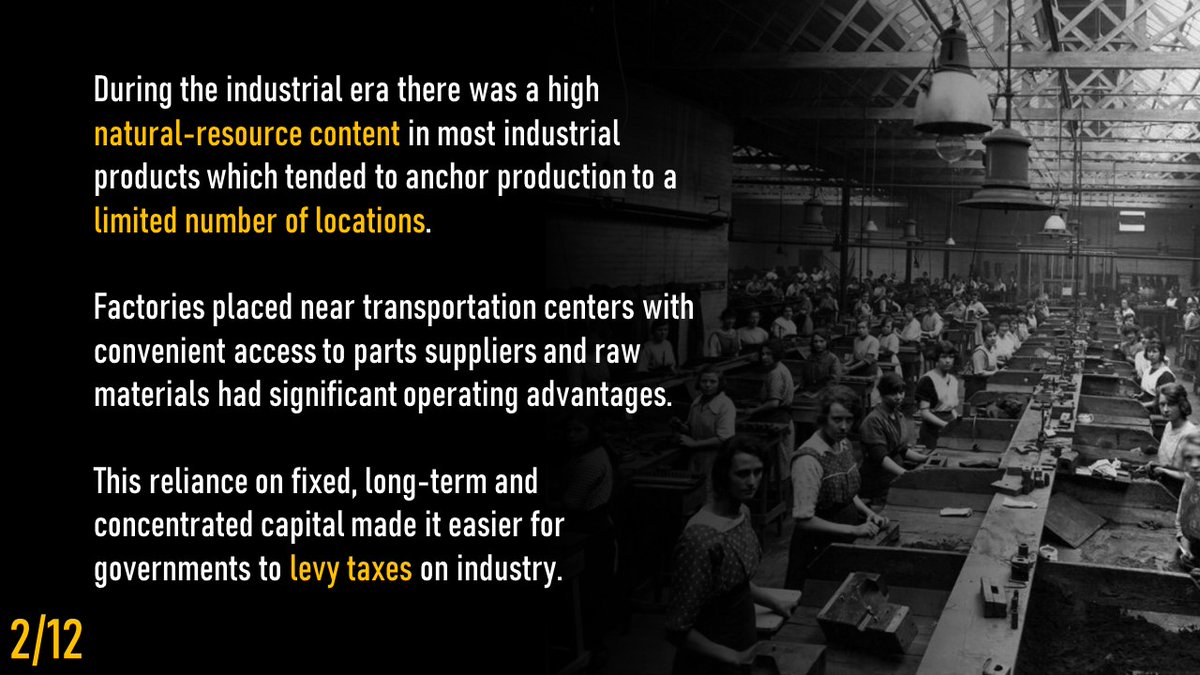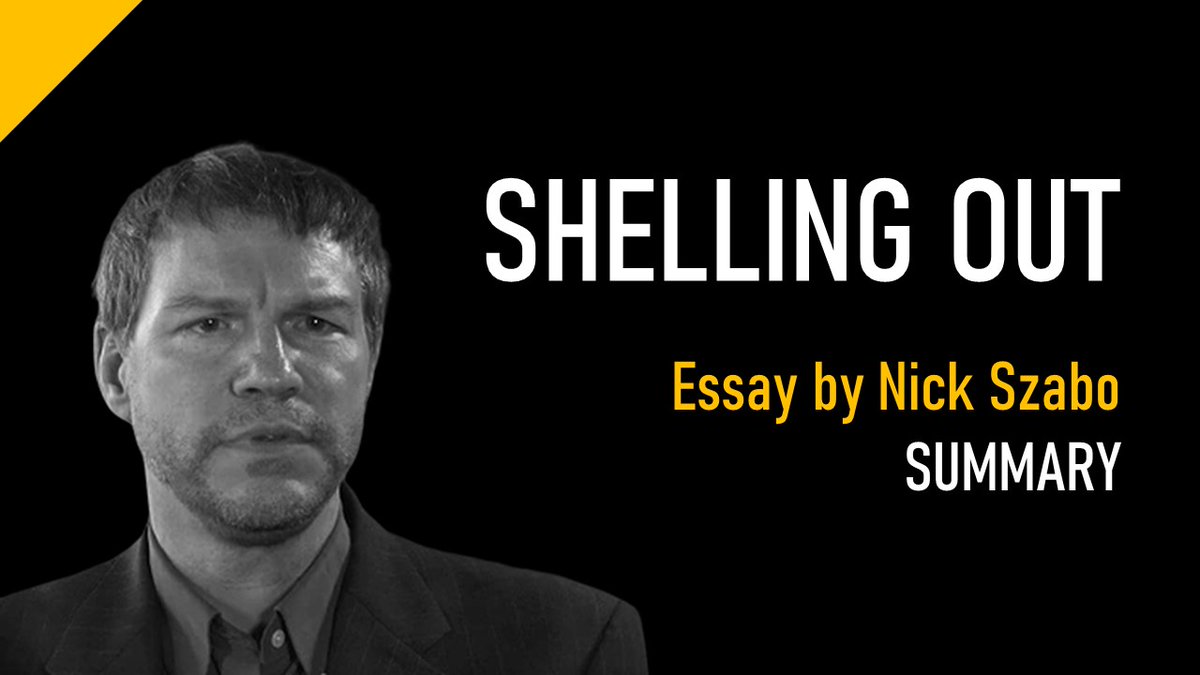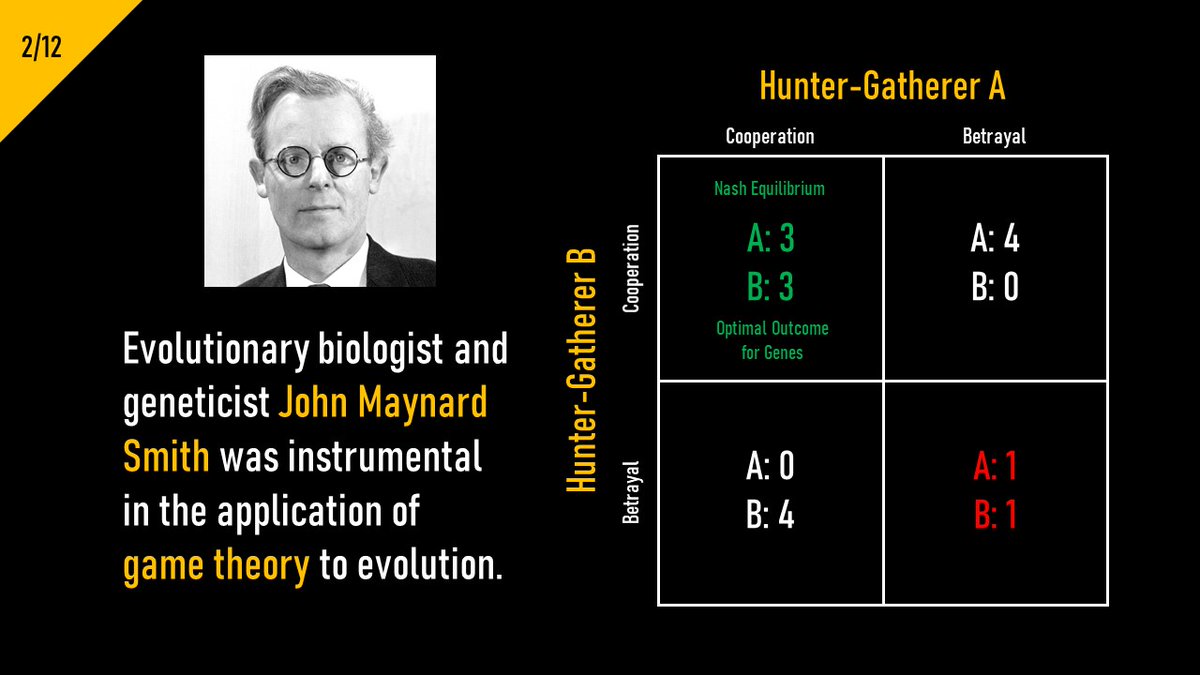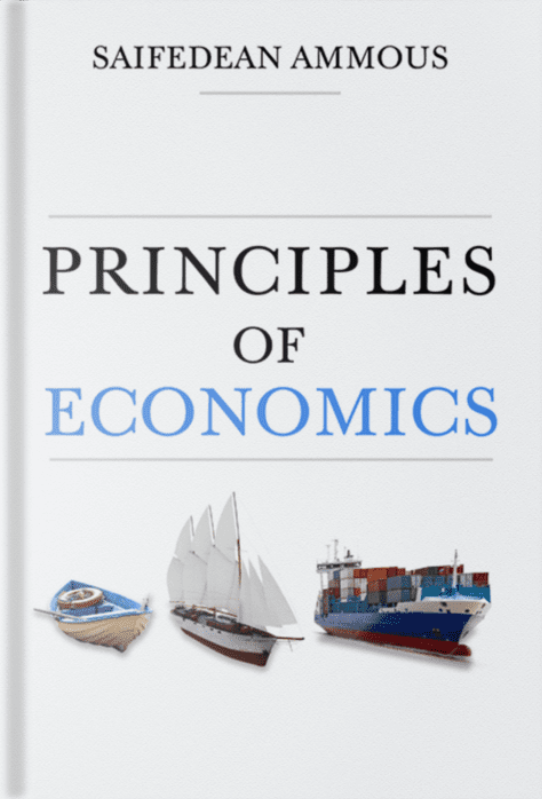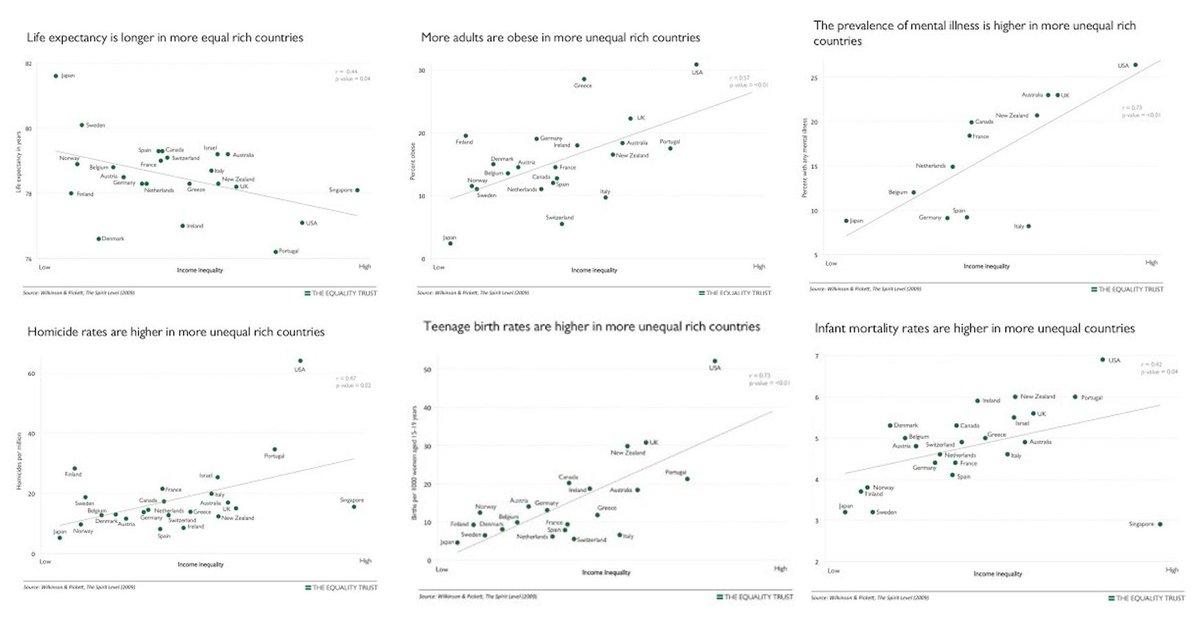
Weimar Germany's hyperinflation provides perhaps the most dramatic example of the destruction that ensues when money dies.
This 16 tweet thread summarizes Adam Fergusson's definitive account, and explores the lessons we can learn from this dark period in German history.
This 16 tweet thread summarizes Adam Fergusson's definitive account, and explores the lessons we can learn from this dark period in German history.
1/ During WWI, European powers suspended the gold convertibility of their currencies, issued bonds and printed new bills, as a means of financing their war efforts.
With varying degrees of severity, each introduced price controls in a misguided attempt to suppress inflation.
With varying degrees of severity, each introduced price controls in a misguided attempt to suppress inflation.
2/ German price controls were the most stringently enforced in Europe.
At the same time, international isolation forced the government to rely heavily on inflationary domestic bond issuance for their financing.
Economic ruin served as a contributing factor to Germany's defeat.
At the same time, international isolation forced the government to rely heavily on inflationary domestic bond issuance for their financing.
Economic ruin served as a contributing factor to Germany's defeat.
3/ The German currency was heavily debased through printing of unbacked paper marks.
Before the war, the British shilling, French franc, Italian lira and German mark were worth about the same.
By the end of 1918, the mark had lost ~75% of its exchange value against each.
Before the war, the British shilling, French franc, Italian lira and German mark were worth about the same.
By the end of 1918, the mark had lost ~75% of its exchange value against each.
4/ But Germany’s inflation didn't end there.
The post-war Weimar government had to deal with:
>Treaty of Versailles reparations
>Revolutions, uprisings and strikes
>And later, French occupation of the Rhur
Mounting expenditures normalized financing via the printing press.
The post-war Weimar government had to deal with:
>Treaty of Versailles reparations
>Revolutions, uprisings and strikes
>And later, French occupation of the Rhur
Mounting expenditures normalized financing via the printing press.
5/ In late 1921, prices began to rise rapidly.
But rather than demand a stable purchasing power for the marks they had, Germans demanded more marks to buy what they needed.
They failed to see that high prices were a causal manifestation of the ballooning supply of currency.
But rather than demand a stable purchasing power for the marks they had, Germans demanded more marks to buy what they needed.
They failed to see that high prices were a causal manifestation of the ballooning supply of currency.
6/ Germany had continuously printed unbacked paper marks since 1914.
But prices hadn’t responded in a linear way.
Germans failed to comprehend the monetary expansion.
Prices rose and fell in fits and starts.
Inflation manifested itself gradually, then suddenly.
But prices hadn’t responded in a linear way.
Germans failed to comprehend the monetary expansion.
Prices rose and fell in fits and starts.
Inflation manifested itself gradually, then suddenly.
7/ In 1923, French occupation of the Rhur led to full hyperinflation.
Germany lost this rich region’s industrial output, and the gvt spent $10bn a day paying workers to passively resist.
Tax revenues dropped to <10% of expenditures, and the gap was filled by printing money.
Germany lost this rich region’s industrial output, and the gvt spent $10bn a day paying workers to passively resist.
Tax revenues dropped to <10% of expenditures, and the gap was filled by printing money.
8/ By 1923, 30 paper mills and 2000 printing presses were adding perpetually to the blizzard of banknotes under which the German economy had already been consumed.
At the end of that year it took 1,000,000,000,000 marks to buy 1 British shilling.
At the end of that year it took 1,000,000,000,000 marks to buy 1 British shilling.
9/ The result was monumental human tragedy.
Inflation destroyed German savings and with them the fabric of society.
Cantillon Effects redistributed wealth in seemingly arbitrary ways.
Debtors received windfalls while creditors, savers and fixed-income earners were wiped out.
Inflation destroyed German savings and with them the fabric of society.
Cantillon Effects redistributed wealth in seemingly arbitrary ways.
Debtors received windfalls while creditors, savers and fixed-income earners were wiped out.
10/ Poverty grew and, along with it, a widespread feeling that those with wealth had acquired it illegitimately.
Amongst the poor, theft became common.
Others resorted to graft, fraud and bribery.
The traditional virtues of thrift, honesty and hard work lost their appeal.
Amongst the poor, theft became common.
Others resorted to graft, fraud and bribery.
The traditional virtues of thrift, honesty and hard work lost their appeal.
11/ Finally, toward the end of 1923 a new currency called the Rentenmark was introduced with a much scarcer supply.
The old paper mark was allowed to inflate into oblivion.
When it died, it left behind a deep and damaging legacy.
Germany would never be the same again.
The old paper mark was allowed to inflate into oblivion.
When it died, it left behind a deep and damaging legacy.
Germany would never be the same again.
12/ Modern advanced economies are unlikely to experience hyperinflation.
But examining Weimar Germany brings into focus the ways in which inflation subverts the social order.
The difference between today's "low and stable" inflation and hyperinflation is one of degree, not kind
But examining Weimar Germany brings into focus the ways in which inflation subverts the social order.
The difference between today's "low and stable" inflation and hyperinflation is one of degree, not kind
13/ Central banks today pursue inflation as a deliberate policy.
Although less overt when kept low, inflation remains a clandestine way of siphoning resources from the productive economy.
Its Cantillon Effects are the real cause of inequality commonly blamed on free markets.
Although less overt when kept low, inflation remains a clandestine way of siphoning resources from the productive economy.
Its Cantillon Effects are the real cause of inequality commonly blamed on free markets.
14/ In the past year global money supply growth has accelerated while output has fallen.
US dollar supply has grown 25%.
This new money likely won’t lead to a sudden CPI rise, but its redistributive effects will manifest themselves in complex ways through the financial sector.
US dollar supply has grown 25%.
This new money likely won’t lead to a sudden CPI rise, but its redistributive effects will manifest themselves in complex ways through the financial sector.
15/ In 2020 government debt reached unprecedented levels.
As debt grows it puts upward pressure on inflation.
Higher interest rates would be necessary to control it, but even modest rises could trigger a crisis that may result in the creation of an entirely new financial order.
As debt grows it puts upward pressure on inflation.
Higher interest rates would be necessary to control it, but even modest rises could trigger a crisis that may result in the creation of an entirely new financial order.
16/ As this happens, many are opting for traditional safe havens.
But a growing number are choosing an emerging digital alternative to the legacy fiat system: bitcoin.
Its fixed supply and censorship-resistance make it a strong decentralized alternative to central banking.
But a growing number are choosing an emerging digital alternative to the legacy fiat system: bitcoin.
Its fixed supply and censorship-resistance make it a strong decentralized alternative to central banking.
Thank you for reading.
If you enjoyed this thread please retweet to help its message reach a wider audience.
For more like this follow me at @TheAustrian3.
You can find out more about me and access my collated threads on my medium page: theaustrian3.medium.com
If you enjoyed this thread please retweet to help its message reach a wider audience.
For more like this follow me at @TheAustrian3.
You can find out more about me and access my collated threads on my medium page: theaustrian3.medium.com
When Money dies on Amazon: amzn.to/37Anu99
Excellent @FGMR interview with Adam Fergusson: bit.ly/3rdw5WU
Data on historic Deutschmark exchange rates: bit.ly/3h5o7uv
The Bitcoin Standard by @Saifedean: amzn.to/34viCQs
Excellent @FGMR interview with Adam Fergusson: bit.ly/3rdw5WU
Data on historic Deutschmark exchange rates: bit.ly/3h5o7uv
The Bitcoin Standard by @Saifedean: amzn.to/34viCQs
• • •
Missing some Tweet in this thread? You can try to
force a refresh

